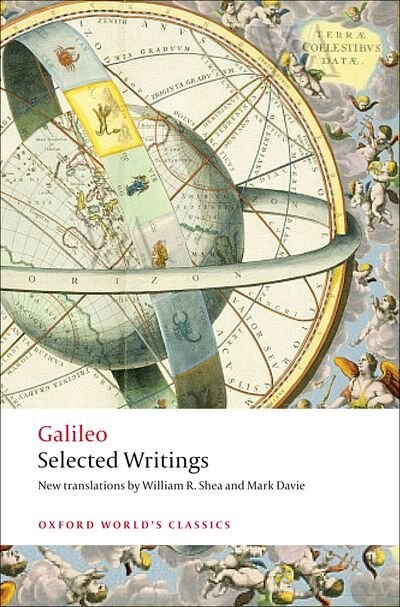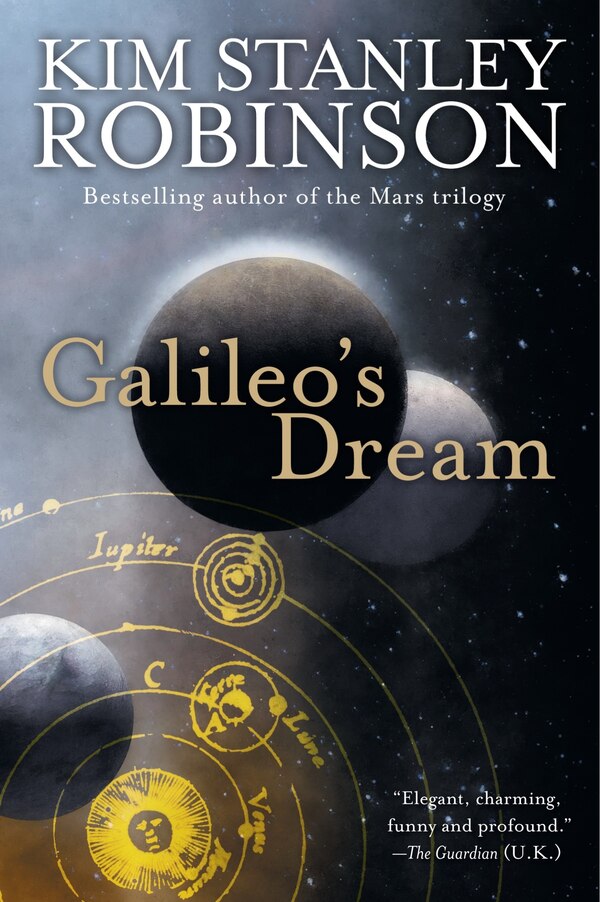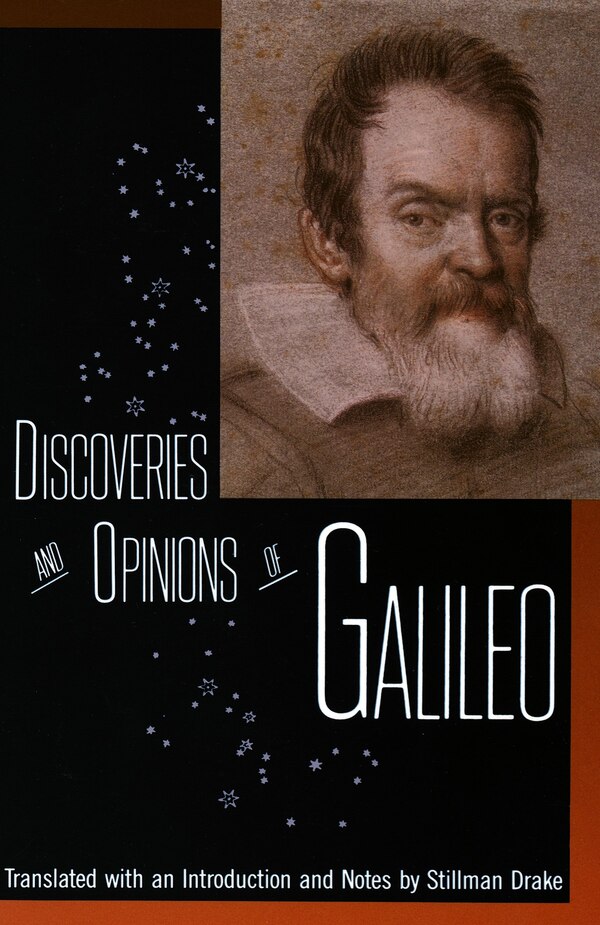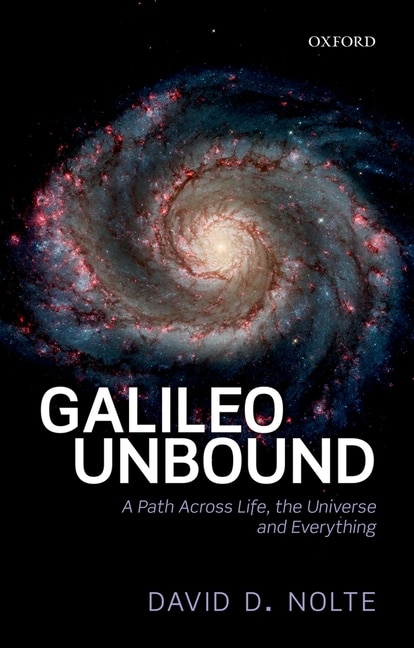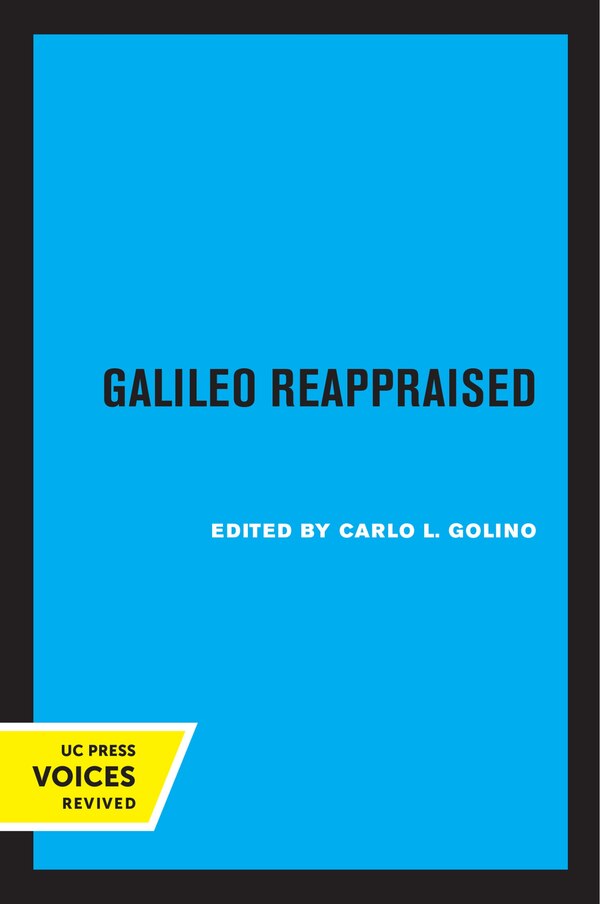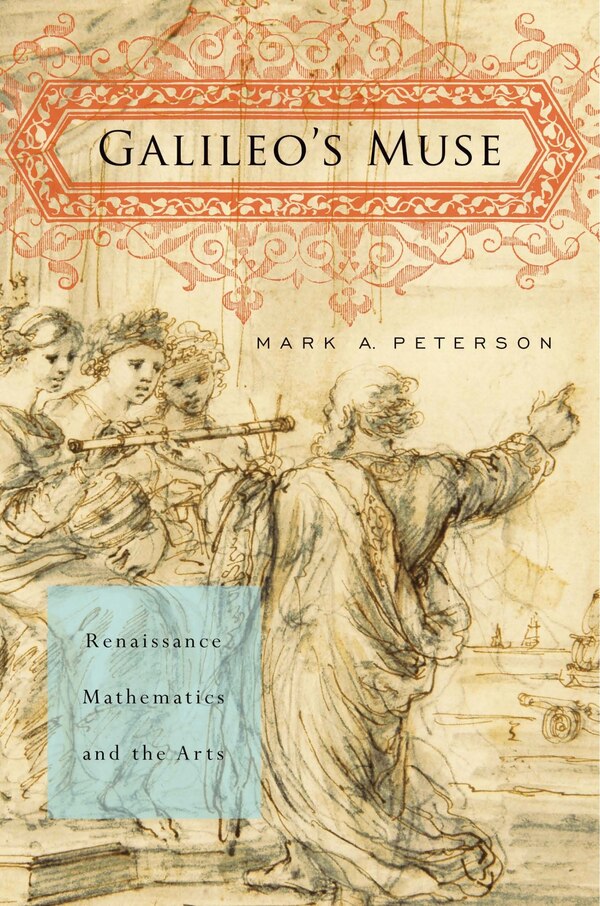Home
Galileo, Paperback | Indigo Chapters
Loading Inventory...
Galileo, Paperback | Indigo Chapters
From Grove/Atlantic
Current price: $21.50


Coles
Galileo, Paperback | Indigo Chapters
From Grove/Atlantic
Current price: $21.50
Loading Inventory...
Size: 0.44 x 8.25 x 110
*Product information may vary - to confirm product availability, pricing, shipping and return information please contact Coles
Considered by many to be one of Brecht's masterpieces, Galileo explores the question of a scientist's social and ethical responsibility, as the brilliant Galileo must choose between his life and his life's work when confronted with the demands of the Inquisition. Through the dramatic characterization of the famous physicist, Brecht examines the issues of scientific morality and the difficult relationship between the intellectual and authority. This version of the play is the famous onethat was brought to completion by Brecht himself, working with Charles Laughton, who played Galileo in the first two American productions (Hollywood and New York, 1947). Since then the play has become a classic in the world repertoire. The play which most strongly stamped on my mind a sense of Brecht's great stature as an artist of the modern theatre was Galileo.\" - Harold Clurman; \"Thoughtful and profoundly sensitive.\" - Newsweek. \""Critics have said that Eric Bentley has given a new direction to theatrical history and represents the German avant-garde in drama. Brecht's most ambitious venture in verse drama, Saint Joan of the Stockyards (1933), was written in Germany shortly before Hitler came to power. Brecht left his homeland in 1993. Before he came to the United States in 1941, he was one of the editors of a short-lived anti-Nazi magazine in Moscow (1936-39). In 1949 his play Mother Courage and Her Children, which was a Marxist indictment of the economic motives behind internal aggression, was produced in the United States. Brecht found a large audience as librettist for Kurt Weill's Threepenny Opera, an adaptation of John Gay's Beggar's Opera. Brecht is considered a playwright who saw the stage as a platform for the presentation of a message. His aim was to transform the state from a place of entertainment to a place for instruction and public communication. He called himself an epic realist. In 1947, Brecht was summoned to Washington, D. C., by the on Un-American Activities Committee, before which he testified. He firmly denied that he had ever been a member of the Communist Party. How radical Brecht really was has been the subject of considerable controversy; but, for literary purposes, his politics need only be judged as they contributed to his artistry. In his final years Brecht experimented with his own theater and company-the Berliner Ensemble-which put on his plays under his direction and which continued after his death with the assistance of his wife. Brecht aspired to create political theater, and it is difficult to evaluate his work in purely aesthetic terms. It is likely that the demise of Marxist governments will influence his reputation over the next decade, though the changes are difficult to predict. Brecht died in 1956. | Galileo, Paperback | Indigo Chapters




